Journal data
- ISSN: 2224-235X
- E-ISSN: 2304-2265
- Format: electronic / Open Access
- Frequency: semi-annual publication / early published
- Peer review system: double anonymized review
- Charges: no
Editorial ethics
Ethics policy in researchEthical commitments
Conflicts of interest
Complaints and appeals
Detection of plagiarism and similarity
About unethical conduct
Sanctions for inappropriate conduct
Ethical responsability
Supervision
Editorial ethics
Correspondencias & análisis Journal of Communication, edited by the University of San Martín de Porres., is dedicated to promoting the dissemination of original information with the purpose of contributing to the development of scientific knowledge in the field of Social Communication. Our journal is committed to promoting good practices based on ethical standards of publication among all contributors. Each article submitted for review for possible publication must meet the following requirements:
Ethics policy in research
Study involving human
Studies involving human subjects, human material, or data must have been conducted in strict compliance with the Declaration of Helsinki, the United States Federal Policy for the Protection of Human Rights, and the European Medicines Agency Guidelines for Good Clinical Practice.
Informed consent and protection of privacy
All research involving human subjects must have the informed consent of the research participants (parents or guardians, in the case of minors), which must be stated in the manuscript. If applicable, the considerations taken for adult participants who lack the capacity to give informed consent must be mentioned.
Furthermore, every precaution must be taken to protect the privacy of research subjects, and therefore, details that could reveal their identity, such as names, initials, ID numbers, dates of birth, or other personal information, must be omitted.
Furthermore, where appropriate, researchers must openly and transparently communicate any information that could influence the participants' consent.
This includes details such as the sponsorship of the study, the purpose of the research, the expected outcomes, and the potential consequences of publishing the research results.
This policy guarantees respect for human rights, privacy, and confidentiality in all research published in our journal.
Informed consent and protection of privacy
All research involving human subjects must have the informed consent of the research participants (parents or guardians, in the case of minors), which must be stated in the manuscript.
If applicable, the considerations taken for adult participants who lack the capacity to give informed consent must be mentioned. Furthermore, every precaution must be taken to protect the privacy of research subjects, and therefore, details that could reveal their identity, such as names, initials, ID numbers, dates of birth, or other personal information, must be omitted.
Animal Studies
Authors conducting experimental research involving animals, whether testing drugs, plants, foods, devices, or others, must follow international recommendations for the use of experimental animals, such as the Animals in Research: Reporting In Vivo Experiments (ARRIVE) guidelines. These studies require approval from an animal research ethics committee, so the name of the committee and the date of approval must be stated in the "Materials and Methods" section of the manuscript.If the study is exempt from ethics approval, this must be stated in the article. The editor will reject the manuscript if a breach of the research ethics framework is identified.
Format
Researchers should adhere to the latest edition of the APA editorial format when accurately reporting the results of their study. This makes it easier for readers to evaluate, replicate, and utilize the results, while ensuring clarity and consistency in the presentation of data.
This policy contributes to the quality and readability of research reports published in our journal, allowing researchers and readers a more effective understanding of the findings presented.
Ethical commitments
Correspondencias & análisis subscribes to an ethical commitment of all the actors involved in the management and publication of the articles: editorial committee, authors and reviewers of the manuscripts received, following the guidelines established by the Committee's Code of Conduct and Best Practices Guidelines for Journals Editors on Publication Ethics (COPE), as well as by the Code of Ethics for research of the University of San Martín de Porres (USMP).
Authors must indicate in the method section that all data collection procedures carried out with the participants (tests, interviews, recordings, videos, etc.) have been carried out after obtaining informed consent.
Conflicts of interest
Conflicts of interest are defined as situations in which interests outside the scientific or editorial activity, whether of the authors or other persons involved in the publication process of an article, may be perceived as having an undue influence on the submission, review and publication of a manuscript. These conflicts may involve financial, non-financial, professional, contractual or personal aspects.
Authors submitting manuscripts to Correspondencias & análisis are required to attach the "Form 02 (Affidavit on conflict of interest, ethical responsibility, funding and acknowledgments)." in order to ensure transparency and integrity in research and publication, by allowing readers and reviewers to be informed about potential conflicts of interest that may influence the interpretation of the results or the objectivity of the work. They must disclose all sources of financial support for the research or the preparation of the article, as well as the sponsor's participation, if any, in the design of the study, the collection, analysis and interpretation of data, the writing of the report and the decision to submit the article for publication. If the funding source did not have any of these participations, the manuscript must also be indicated.
We appreciate that anyone who suspects an undeclared conflict of interest regarding an article published in Correspondencias & análisis inform the journal editor by sending an email to revista_cya@usmp.pe . This helps maintain transparency and integrity in our publications.
Complaints and appeals
Correspondencias & análisis makes it available to all authors, reviewers and the general public who have the email revista_cya@usmp.pe so that they can make their queries, comments, complaints and/or observations. In turn, the editorial committee of the journal may make appeals that are related to non-compliance with any of the publication standards, plagiarism, evaluation reports, conduct of members of the editorial team, author standards, among others where they are the authors, reviewers and the editorial team are immersed.
For any type of appeal, a letter to the editor must be sent to the email msarapuras@usmp.pe indicating in detail what happened.
The letter will be carefully reviewed by the editor and a response will be given in the shortest possible time via email.
Sanctions for inappropriate behavior
The set of inappropriate behaviors includes: data falsification, data manipulation in favor of results, indiscriminate use of self-citations and unjustified authorship. If any of these bad practices are found in any manuscript, the editorial committee will evaluate the case and submit it to a sanction according to the type of fault.
Detection of Similarity
Correspondencias & análisis is governed by the regulations of the Law on Copyright, which is governed by Legislative Decree No. 822 of April 23, 1996, in order to safeguard the intellectual property of the authors of manuscripts submitted to arbitration.
The Research Institute verifies the originality of published articles and has an anti-plagiarism policy that ensures that all research papers are unpublished. In this sense, it uses the Turnitin software, which allows checking inappropriate citations or plagiarism by comparing it with one of the largest academic databases in the world, in order to guarantee transparency in the information and the originality of all manuscripts. This obliges the author to examine his manuscript in detail, in order to avoid plagiarism and strengthen academic integrity.
If 20% similarity is identified (in the information contained in the submitted article) with another writing, previously published in this or another journal, the editorial committee must send a written communication to the author or authors and grant them a prudent period of time. 20 calendar days, to respond to the situation and assume the respective legal responsibility, which would imply the non-publication of the text.
Ethical commitments
Correspondencias & análisis subscribes to an ethical commitment of all the actors involved in the management and publication of the articles: editorial committee, authors and reviewers of the manuscripts received, following the guidelines established by the Code of Conduct and Best Practices Guidelines for Journals Editors of the Committee on Publication Ethics (COPE), as well as the Code of Ethics for Research of the University of San Martín de Porres (USMP).
The authors should indicate in the method section that all the data collection procedures carried out with the participants (tests, interviews, recordings, videos, etc.) have been carried out after obtaining informed consent.
Responsibilities of the Editors
Supervise the publication processes following international ethical standards, in addition to ensuring that the manuscripts are reviewed in accordance with the publication regulations.
Responsibilities of the Authors
They present results of transparent research processes, with ethical and rigorous standards. They assume responsibility for the contents of the research to be published. While the editorial process lasts, the manuscripts should not be sent to another journal. Likewise, they must indicate the source of financing and declare the conflicts of interest (when they exist).
Responsibilities of the Reviewers
Reviewers must use the Observation Survey Form objectively and rigorously within the established deadlines. Subsequently, when the journal is published, all reviewers are given their Reviewer's Certificate.
About unethical conduct
Any person can report unethical conduct in the journal to the editor and/or editorial assistant, who must pay attention to any claim, regardless of the publication time of the original. Allegations must be supported by evidence in order to initiate an investigation. All claims and allegations against unethical conduct or misconduct will be considered with the utmost seriousness.
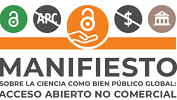
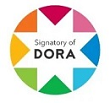 |
2.png) |
 |
 |
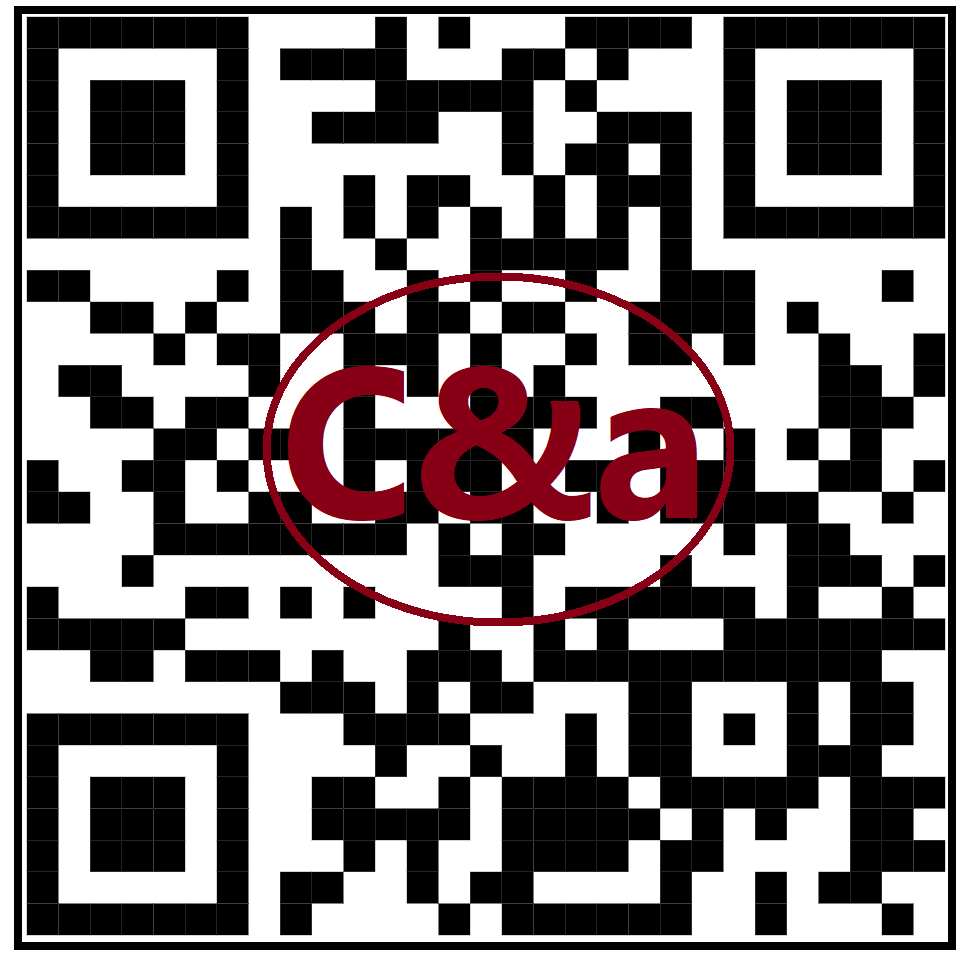
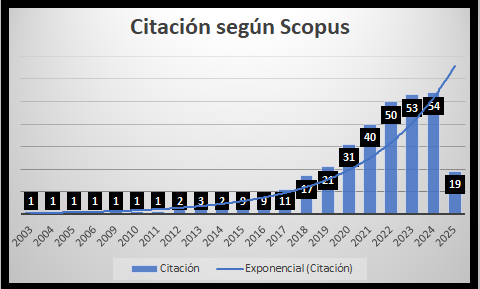
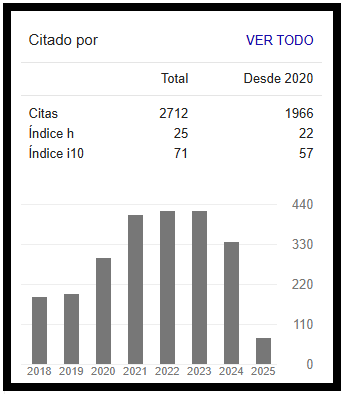
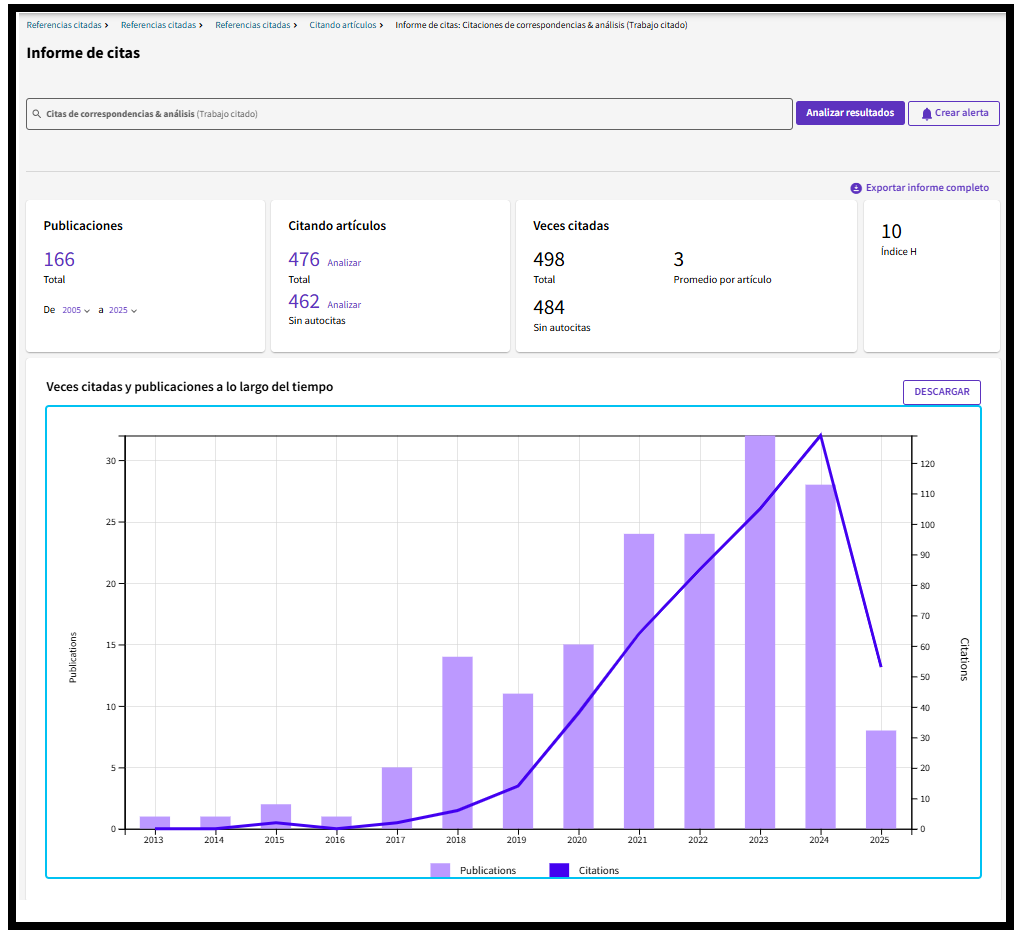
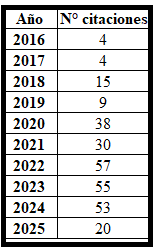
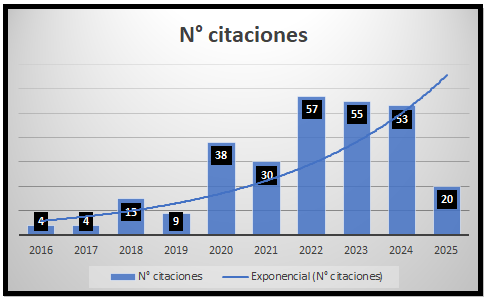
 Licencia Creative Commons Atribution 4.0 International (CC BY 4.0)
Licencia Creative Commons Atribution 4.0 International (CC BY 4.0)
Address: Av. Tomás Marsano Nº 242, Surquillo. Lima - Perú
Phone: (51-1) 513-6320 - Extension: 2190
E-mail: revista_cya@usmp.pe
Web: https://ojs.correspondenciasyanalisis.com/index.php/Journalcya
DOI: https://doi.org/10.24265/cian
ISSN: 2224-235X (Print)
2304-2265 (Online) 
